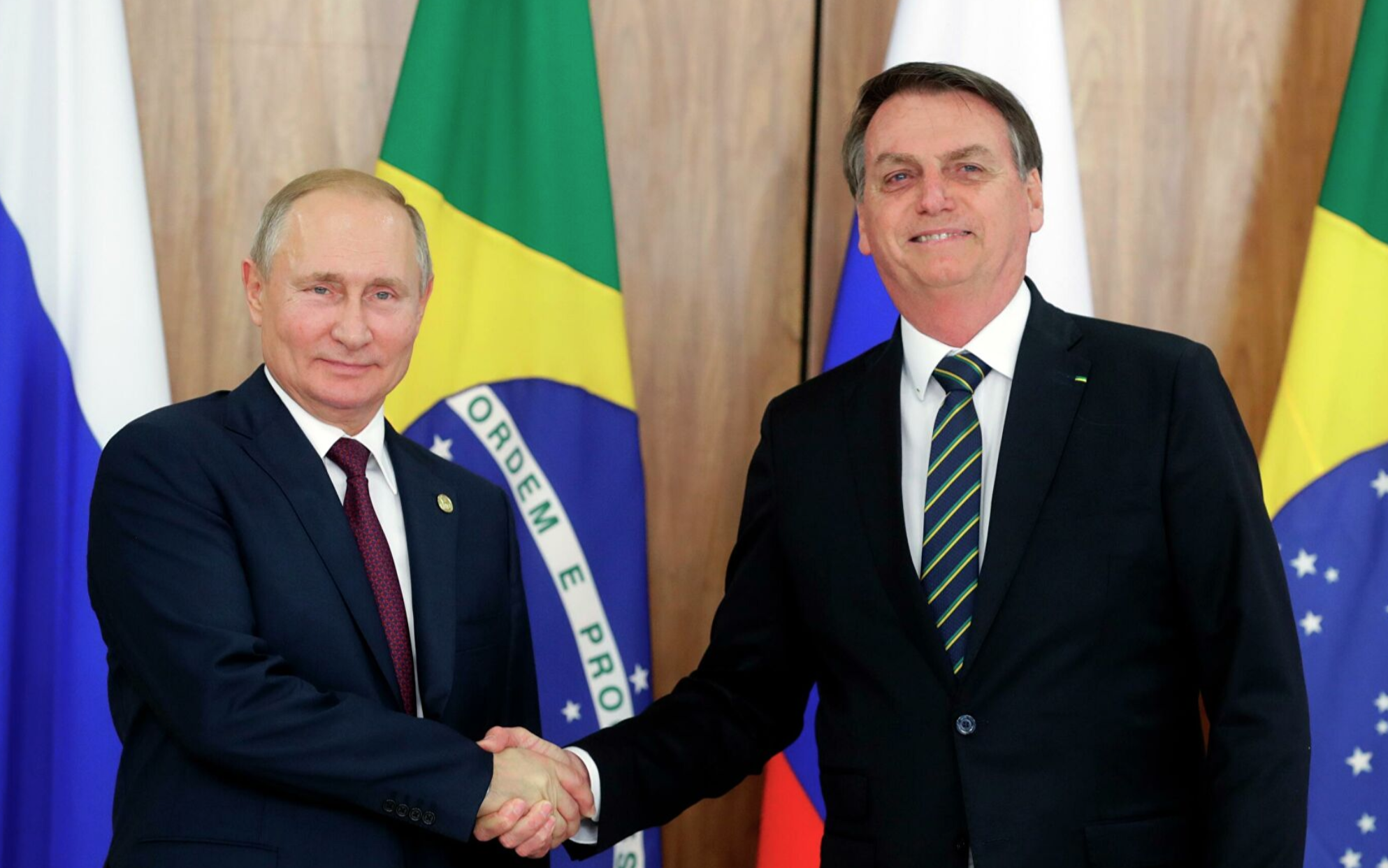Currently, in addition to the ongoing proxy conflict between NATO and Russia on Ukrainian territory, the broader scenario points to growing tensions between the United States and China in the dispute for global hegemony. This trend poses a challenge for Brazil, which is located in the American hemisphere, under the direct geopolitical influence of the hegemon, but whose economy is increasingly dependent on trade relations with China. A panorama of risks and opportunities demands insight and skill in the conduct of foreign policy protecting the national interest.
U.S. Secretary of State Antony Blinken declared at a conference at George Washington University that China represents ‘the most serious long-term challenge’ to the international order: it would be the country that not only seeks to reshape this order, but also possesses the power resources to do so. The war in Ukraine itself might not have happened if Russia had not been strengthened due to the strategic partnership signed with China, which functions as a real vector for Eurasia’s economic and logistic integration, especially the Belt and Road Initiative (BRI).
In this scenario, the challenge for Brazil is to resume the guiding principle of its active and proactive foreign policy, avoiding automatic geopolitical alignments with powers or blocs. Basing on an ecumenical agenda of peace and development in the perspective of the Global South, privileging the dialogue with South America and Latin America for the achievement of a collective regional strategy, through the recovery of the Union of South American Nations – Unasur and the strengthening of the Community of Latin American and Caribbean States – Celac.
Giving priority to Latin America, and especially South America.
Brazil, because of its economic, territorial, and population dimensions, to paraphrase Paulo Nogueira Batista Junior, does not fit in anyone’s backyard. A collective South American and Latin American strategy increases its bargaining power.
The substantial Brazilian geopolitical game unfolds its projection on its surroundings in concentric circles of influence. The first and most important circle is the Platina Region, the most populated economic zone in South America. The second circle incorporates the other countries of the subcontinent, especially the Amazon biome, and the South Atlantic, through which almost all Brazilian foreign trade passes. The third circle encompasses all of Latin America and the Caribbean, as well as Antarctica and the west coast of Africa. These three circles form Brazil’s geostrategic environment, a region in which its active presence is vital for its development and security, and which must serve as a platform for projection to the world.
At the beginning of this century, among other initiatives, Brazil led the creation of Unasur and CELAC. Unasur was an international organization created by the twelve South American states in 2008 with the objective, among others, of articulating the actions of the different countries in various areas of public policy, and should function as a dense instrument of governance of this bi-oceanic regional space. CELAC, created later in 2010, was also promoted by Brazil with the celebration in Salvador in 2008 of the first autonomous summit of Latin American and Caribbean countries, without the Anglo-Saxon and Iberian countries’ tutelage. Its vocation is political coordination and development cooperation.
The Bolsonaro government’s abandonment of Unasur and CELAC was a setback for Brazilian foreign policy. Unasur and CELAC were hit by an adverse psychological campaign about an alleged Union of Socialist Republics of Latin America – Ursal, a huge nonsense that went viral with fake news.
This setback was not an isolated event. There was the foreign policy subordination to a radical ideological Americanism of the far-right (Trumpism) which compromises the dialogue with the current U.S. government, and the dismantling of Itamaraty, an institution that has always functioned as a reference of bureaucratic excellence for the Brazilian civil administration.
Brazil is crucial for the success of integration because it is a multivector in the regional space. The regional project is articulated with Brazil’s national objective of consolidating its internal territorial integration; it allows for potential synergies between national systems in all areas (productive, commercial, logistical, etc.) by associating access to the Pacific, through inter-oceanic corridors. Brazil’s westward march favors the institution of a regional strategic-military doctrine that advanced the South American Defense Council, fundamental for the control of the vital oceanic environment of the great South American “stone raft”, the security of Brazil’s extensive land border, and cooperation around the sustainable development of the Amazon.
However, the eventual re-election of the incumbent president will keep the country as a pariah, at the lowest point of its international reputation: as a problem for the world rather than a bearer of solutions. Only internationally respected and proven leadership in the art of politics and management will be able to make the desired difference and take advantage of the regional environment propitious to the resumption of integration projects.
Translated from Spanish by Janaína Ruviaro da Silva











